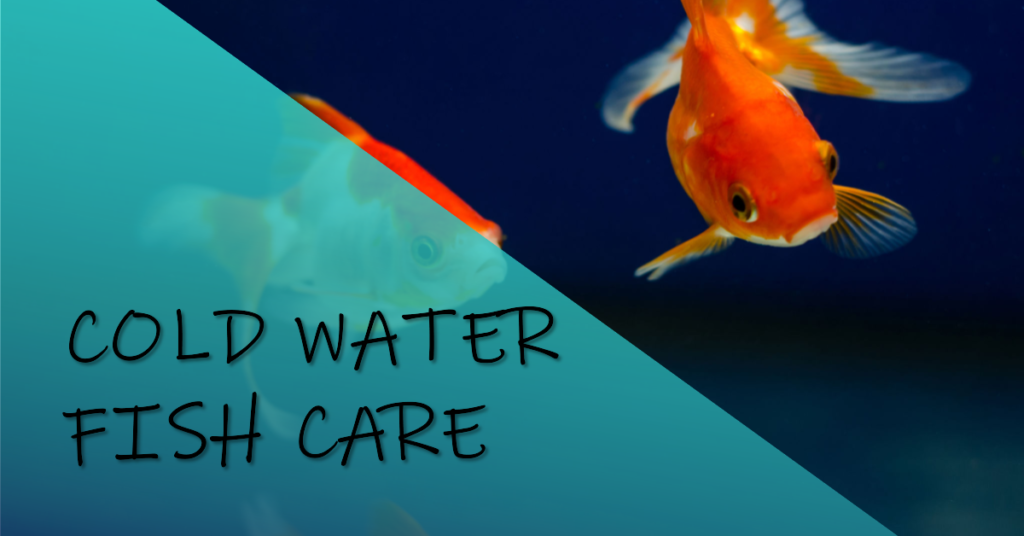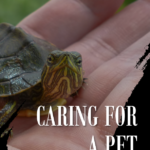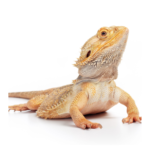Keeping fish can be interesting and fun, but most of all relaxing. It’s been common knowledge for a long time that watching fish swim in an aquarium or pond can calm you down and reduce stress. There are plenty of different species available and many different types of aquariums. The most common fish kept in a cold aquarium is of course the gold fish. Although there are many varieties, all goldfish actually belong to just one species, Carassius auratus. Because of this, goldfish are similar in their behavior, required care, and habits.
Cold Water Aquarium
A cold water aquarium or pond is usually kept between 10 to 22 degrees Celsius. However, some species of goldfish such as Ranchus, Orandas, Bubble Eyes, etc like 21 to 25 degrees Celsius. In any case, cold water aquariums are usually unheated and don’t require constant temperature control.
This can make them a little easier to look after, but they still require the same amount of skill as a tropical aquarium. A common misconception is that a cold water aquarium is easier to keep than a tropical one, they are in fact very similar (with the exception of a fish bowl with one fish). Another common misconception is that a smaller tank (i.e. 2 foot) is easier to maintain than a larger one.
As water quality is very important in an aquarium, it is easier to maintain a larger amount of water than a small amount with many fish. There is more of a ‘buffer’ if anything goes wrong. It is a good practice to start with the largest aquarium you can accommodate and afford.
Goldfish are Smart
Goldfish are quite intelligent and will recognise the person who feeds them. They will show they know you by swimming rapidly back and forth when you are near the tank or splashing. Their intelligence is often a point of debate as some past studies have shown this kind of behavior, while other studies have shown they only have a 7 second memory. Why not study them yourself?
Goldfish like to play and benefit from the exercise, so having two fish is better than one. However, if your tank is not big enough to house more than one, your fish will still live happily, and in better health than if you crowded it. It’s always best to grossly underestimate the amount of fish you can safely keep in your aquarium, a common problem is people that continue to get more fish when their aquarium cannot maintain them. This can weaken all the fish in the aquarium and make them more susceptible to disease, or pollute the water leading to the same problem.
Many variations
Goldfish come in many variations with different colors, single-tails, double-tails, various body shapes, head shapes from pointed to square, and various other mutations such as telescoped eyes, bulged eyes etc.
There are several varieties of goldfish; however, they all stem from the original stocks developed by Chinese, Korean, and Japanese breeders. Many different cultures call the same fish by different names.
There are many books available if you need further education on fish keeping. Please come in and talk to our staff if you think this looks like an excellent hobby for you.
Basic Requirements
If you are about to get any cold water fish, you need to make sure you have the basic requirements, before you even bring them home! Here is a list of the basic requirements for any cold water aquarium.
- Bowl, Aquarium or Pond
- Filtration (under gravel, corner or power filter)
- Aeration (air pump & air stone)
- Lighting (or natural light)
- Substrate (gravel, sand, pebbles etc.)
- Food
- Treated/Stabilized Water
Optional Requirements
- Filters
- Aeration
- UV Lighting
- Ornaments
- Plants (live or plastic)
- Test Kits (pH, ammonia etc)
- Aquarium Backing
Breakdown
Suitable For People Aged: All Ages
Experience Required: None. Care sheet & info
Feeding Care Time Required: 10 Min a Day
Maintenance Time Required: 1 Hour a Week
Minimum Space Required: Bowl, Pond or Aquarium
Cost of Upkeep: (approx) $10 Per Week (Power Required)
Life Span: (approx) 10 to 30 Years (Depending on Species)
Availability: All Year







